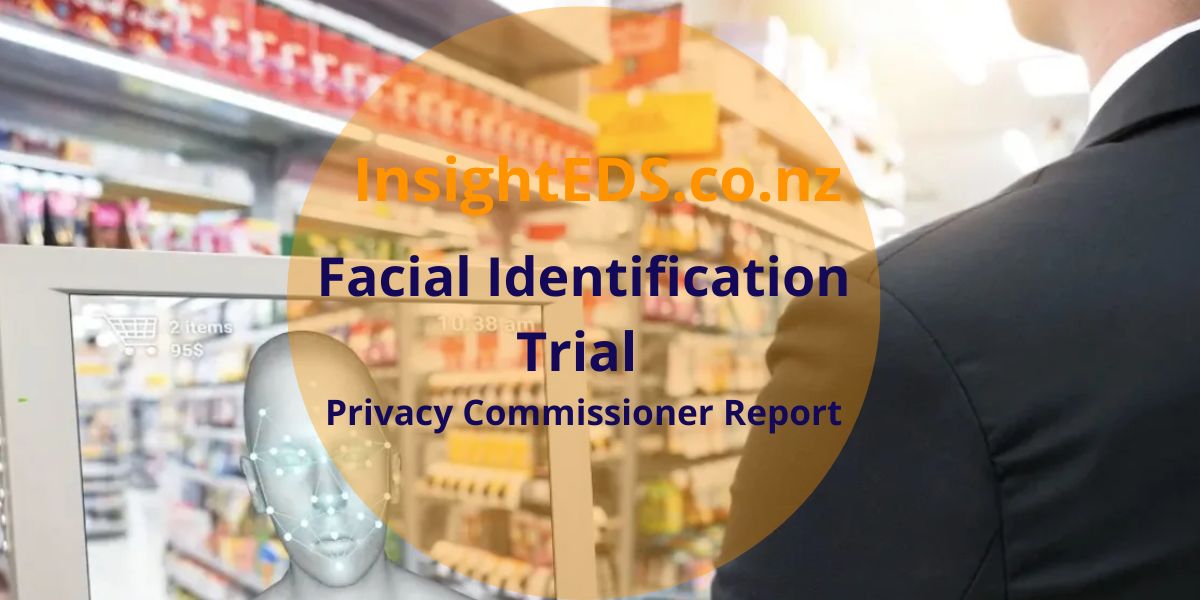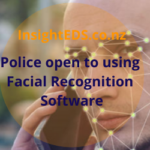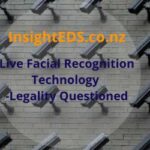
Facial Recognition Trial Privacy Commissioner’s Report deemed an ‘inherently invasive tool’ but Legal
The Privacy Commissioner has released it’s findings into the Foodstuff North Island’s Facial Recognition trial that ran from 8th February to 7th September 2024 in 25 Foodstuff North Island stores.
During the trial, 225,972,004 faces were scanned (including multiple scans of individuals), with 99.999% of these deleted within one minute. There were 1742 alerts of which 1208 were confirmed matches.
The purpose of the Privacy Commissioner’s inquiry into FSNI’s trial use of FRT was to understand its privacy impacts, its compliance with the Privacy Act, and to evaluate if its use made a significant difference to the level of serious retail crime compared with other less privacy intrusive options.
Facial Recognition Trial Privacy Commissioner Inquiry found Legal and Generally Compliant
The inquiry found that the trial use of FRT was legal and generally complied with the Privacy Act. While the level of privacy intrusion was high because every visitor’s face is collected, the privacy safeguards in the trial reduced it to an acceptable level. Important questions remain and the report recommends that the technology stay under active review.
People who may have been paranoid about facial recognition technology being used to monitor their every move in supermarkets – what’s purchased and so forth – can rest easy.
The commissioner found the technology was only used for the very narrow purpose of deterring serious incidents of violence and high-value retail theft by matching customers against a store’s “watchlist” (the image database of people of interest). It was not used for any other purpose, including minor retail crime prevention. The report cautioned against any future “mission creep” in this regard.
Furthermore, although everyone entering a store with such technology had their face scanned, images that did not trigger a match against the store’s watchlist were deleted almost instantaneously.
Meanwhile, watchlist data was deleted after two years in the case of perpetrators (and three months for their accomplices).
A 16 percent decrease in serious incidents and an estimated 21 percent decrease in shoplifting in the participating stores was recorded. In addition, 115 serious incidents were avoided (including 65 people deterred from entering and 50 others through staff intervention). However, some scepticism was expressed because of qualitative limitations in the overall data set (especially data from non-participating stores which operated as the control group).
Facial Recognition Tech not a Green Light for Surveillance
The report documented at least two instances of misidentification, resulting in harm. Partly as a result, the accuracy rate required for positive matches was increased from 90 percent to 92.5 percent, although this still needed to be implemented. The Office of the Privacy Commissioner’s Māori Reference Panel had opposed facial recognition technology in principle but gave advice enabling further safeguards to be adopted.
Finally, the report cautions that its findings are “not a green light for more general use of facial recognition technology”. This is a salutary reminder that decisions to employ it should not be taken lightly.
Few small and medium-sized businesses will have the resources of Foodstuffs. The trial succeeded because of its investment in human time and effort. Technology, ultimately, is no substitute for this.
Taken from NZSA and Newsroom article
Insight EDS keeps you up to date with the latest Security News






